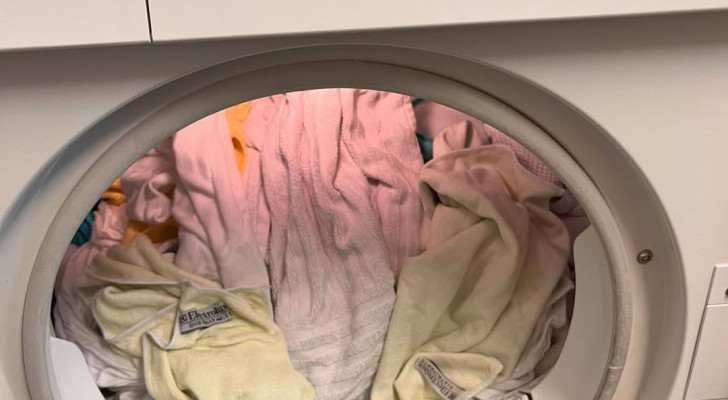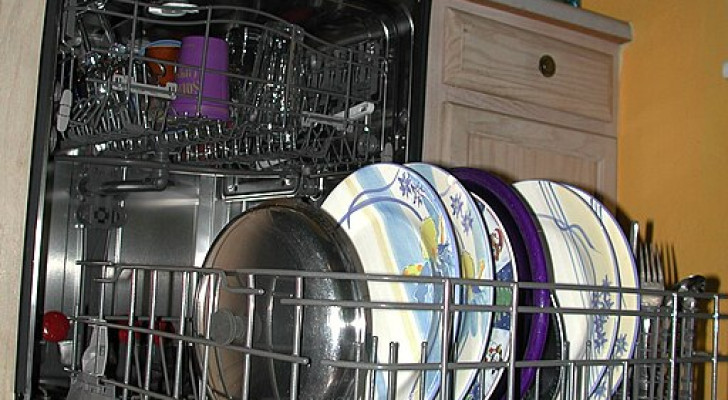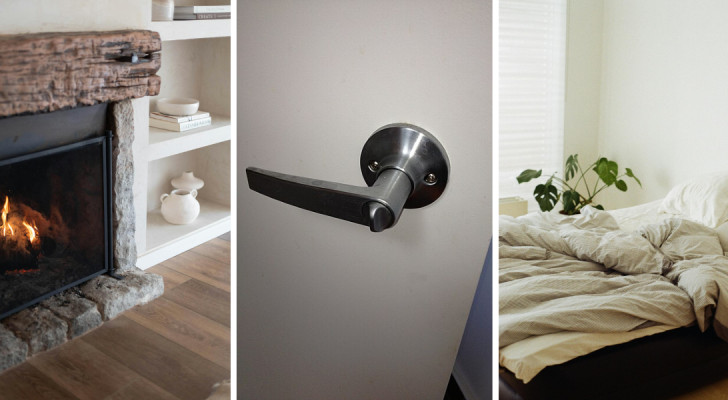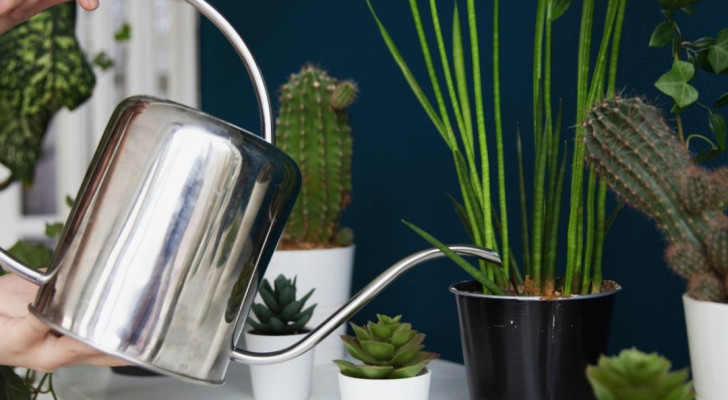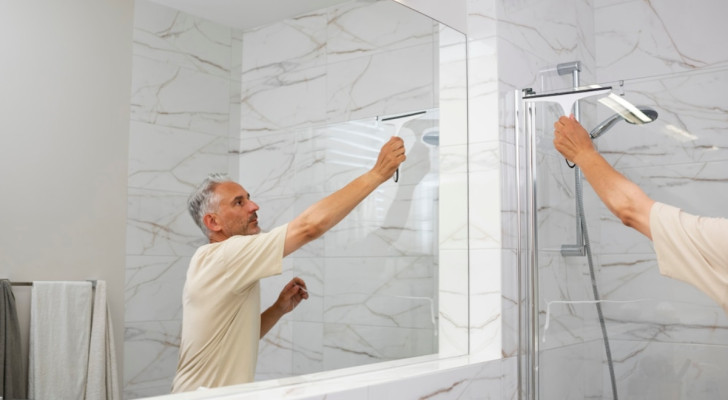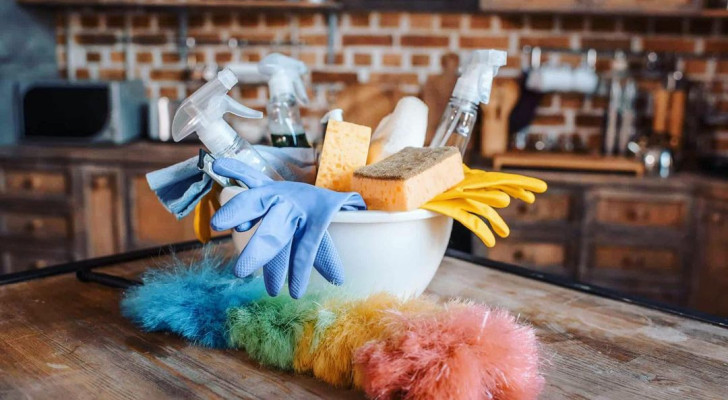Cork floors: what are the pros and cons to consider?
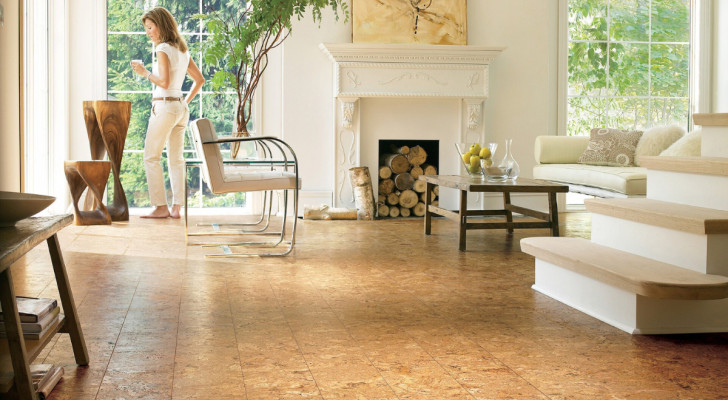
Choosing the right flooring for your home is important. First of all, there's a practical question and then, there's the aesthetic factor. Covering a large surface area, it's essential to choose your flooring carefully and ensuring it suits your tastes.
There are many types of flooring, and a popular one these days, is cork flooring. Beautiful and coming in different styles, cork flooring has pros and cons. Let's see what these are and if cork flooring is for you:
How a cork floor is made
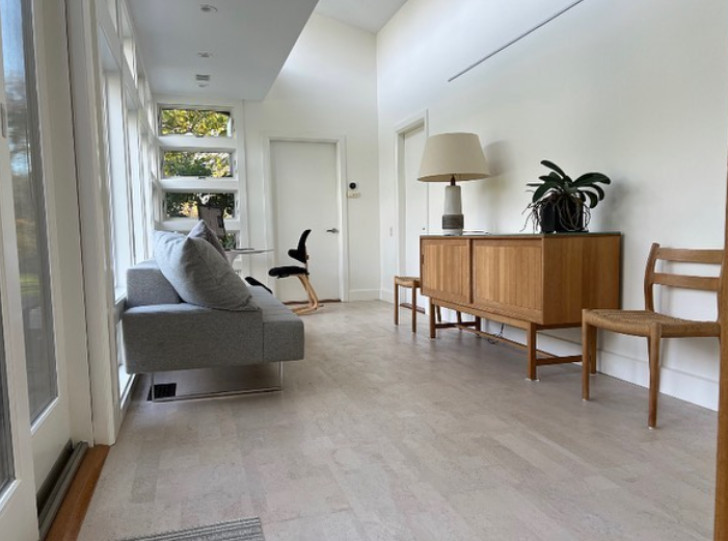
@durodesign_corkflooring/Instagram
When you hear the word "cork", you might think of a wine bottle sealer. While wine bottles are sealed with cork (or corks), this material is used to make many other products.
In the form of (typically) panels, cork floors are made using the bark of trees. Given this, cork is an eco-friendly material, and has a low manufacturing footprint.
That said, there are pros and cons to cork usage. Keep reading...
The positive sides of cork flooring
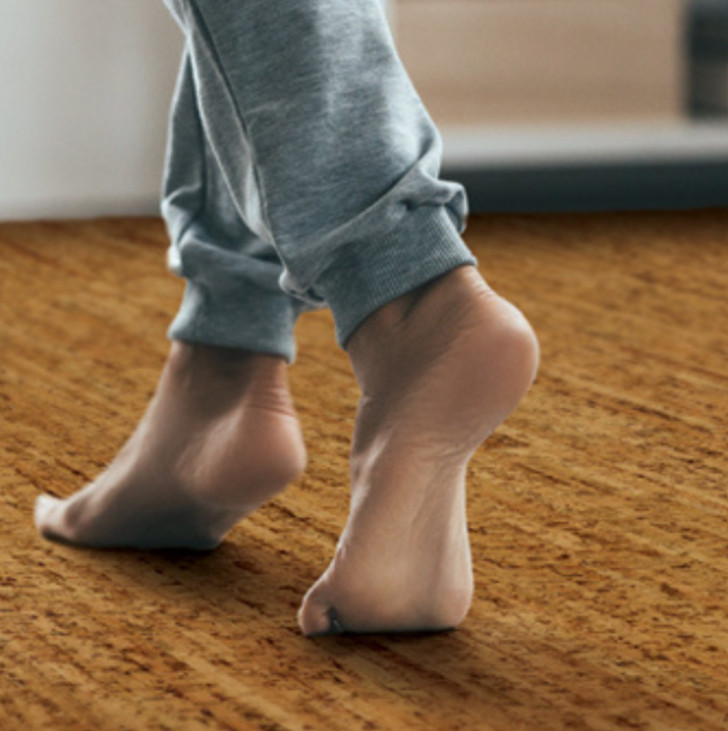
As mentioned, cork is eco-friendly, but this is not its only advantage. It is a very beautiful material, and is also useful for soundproofing and providing thermal insulation. It is a soft material, delicate to the touch and even helps us with posture. It is a "foot-friendly" material. It is also hypoallergenic, so if our kids play on the floor, cork could be the best choice.
Installing cork flooring is very easy and you don't need a lot of time to do so or have special skills. Finally, cork is water-resistant (note: not water-proof) and goes well with many styles of furniture.
That said, cork has some "cons".
Now for the cons...
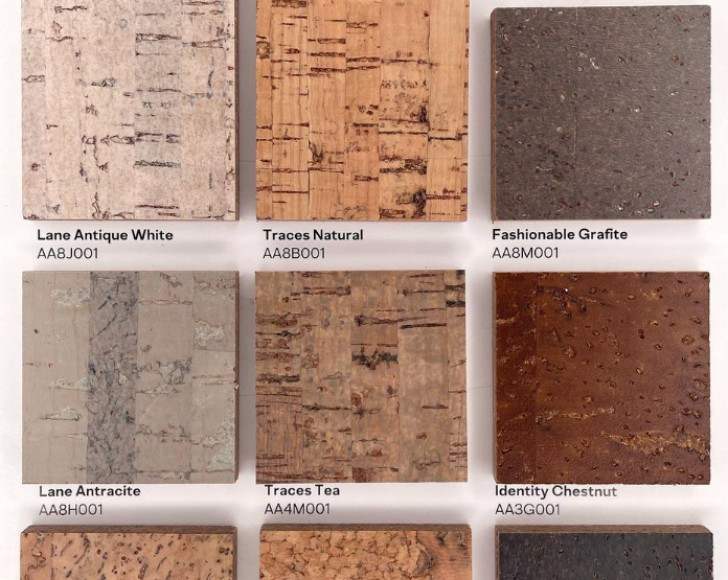
There are also some cons to consider before installing a cork floor. As it is a soft material, it could easily get damaged.
In direct sunlight, cork may get discoloured (bleached), so it would be best to install it in houses and rooms where constant, direct exposure to sunlight is not a factor. Failing this, you will need curtains to protect the cork (or replace it after a few years).
Although it is water-resistant, cork is not water-proof, so it would be best not to use it in places that are humid.
Final thoughts
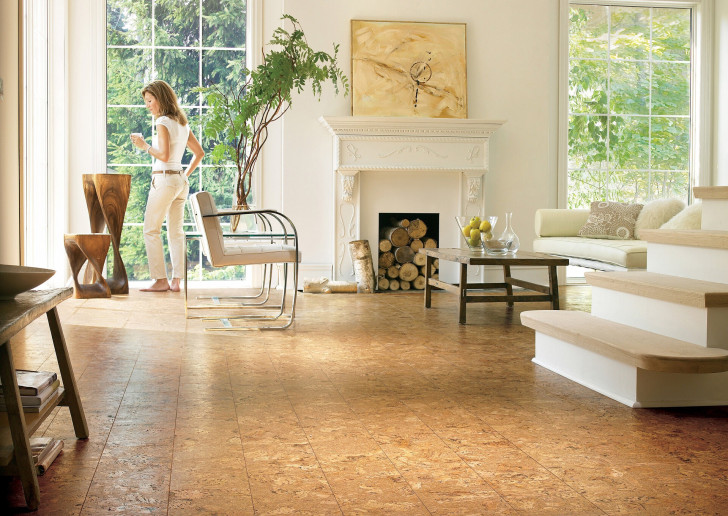
Now you know about the pros and cons of using cork flooring, the choice is up to you if you want to use this attractive, versatile material to beautify your home!
